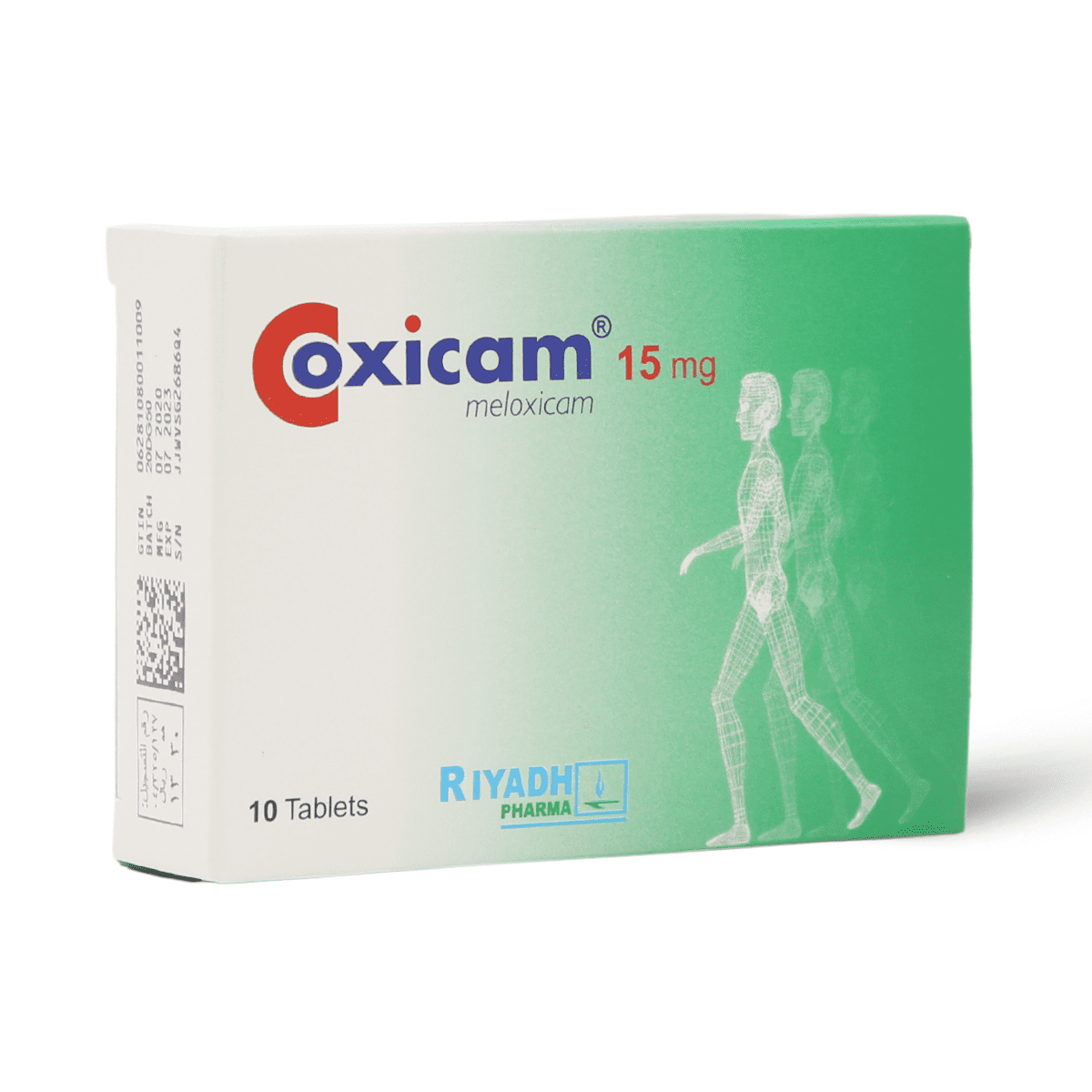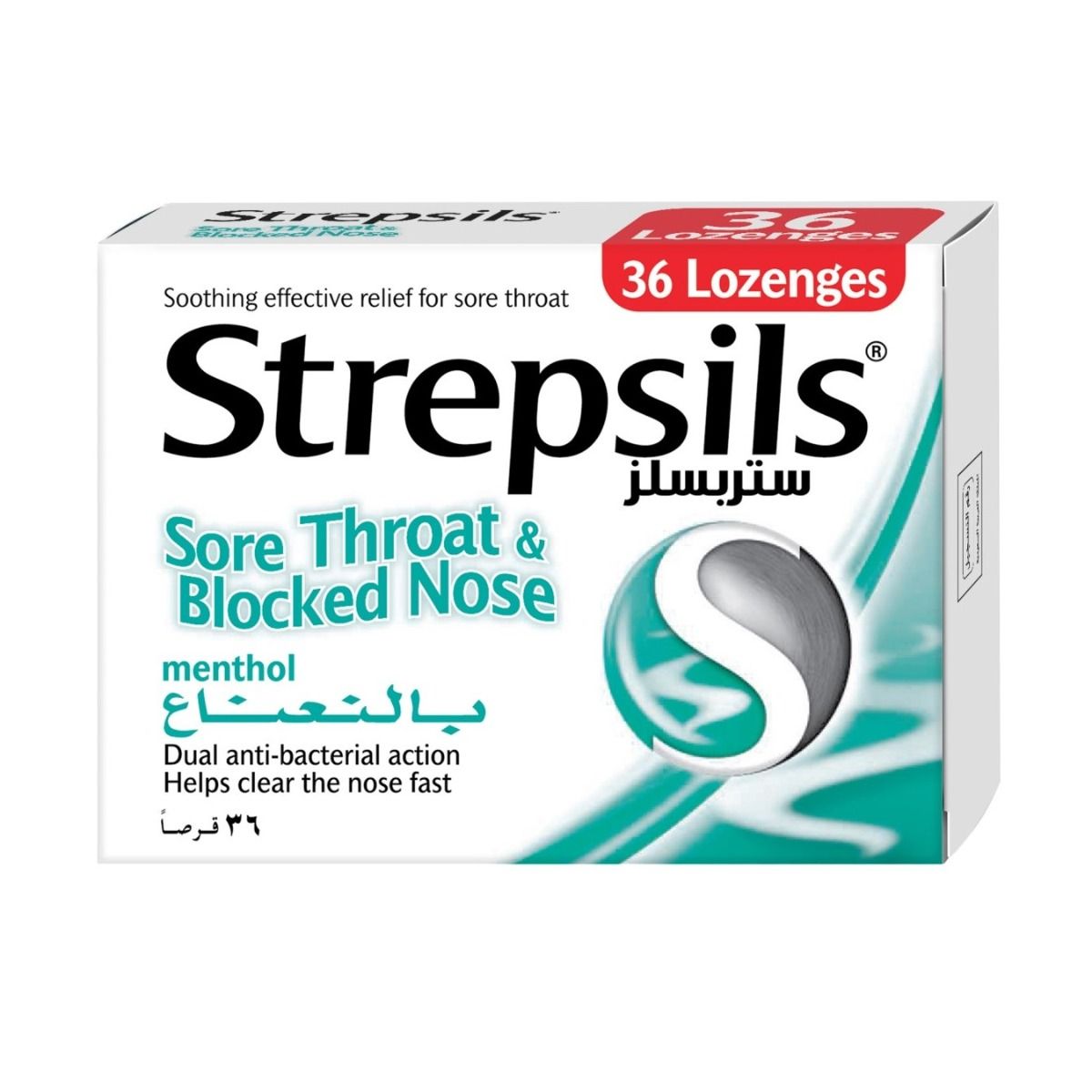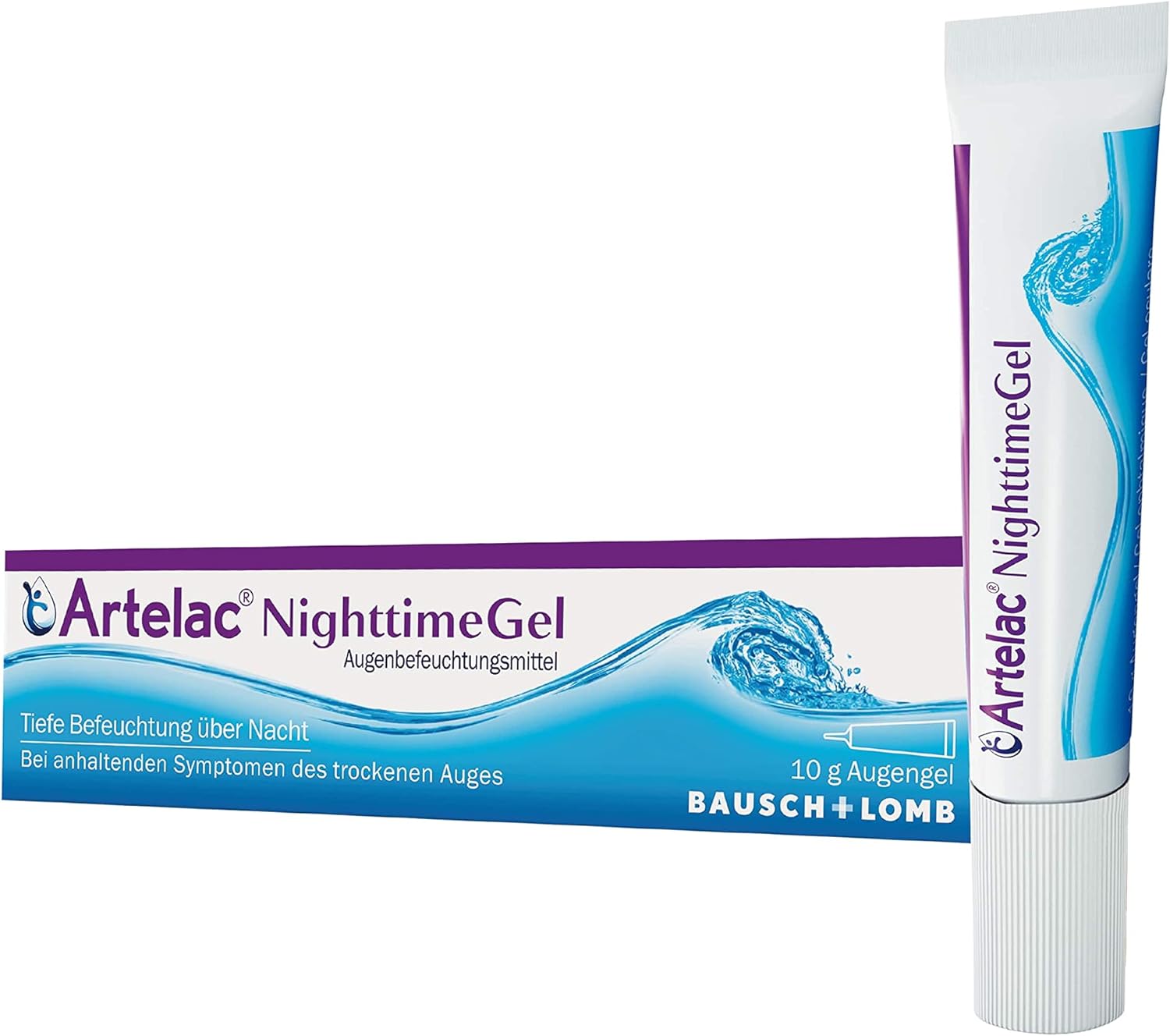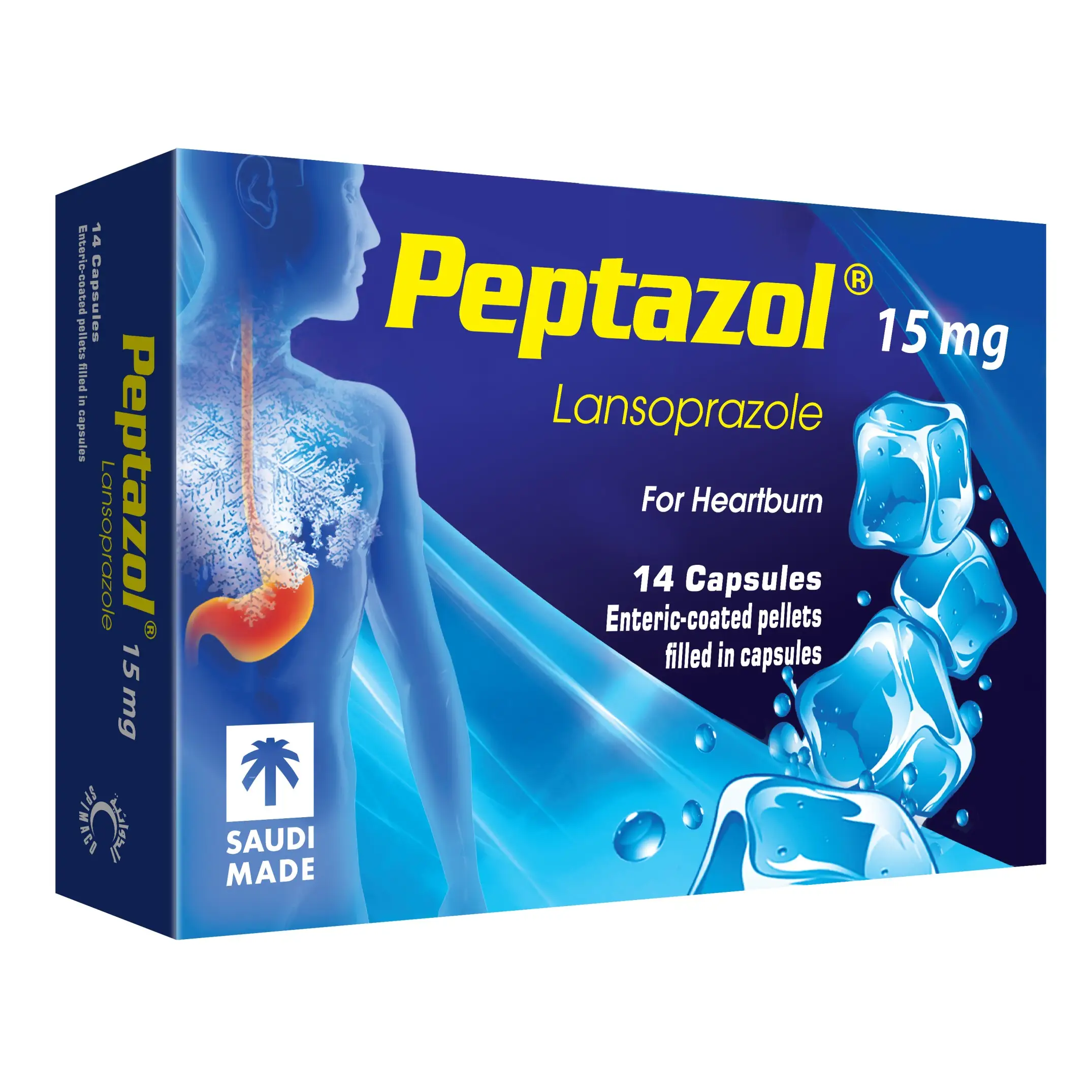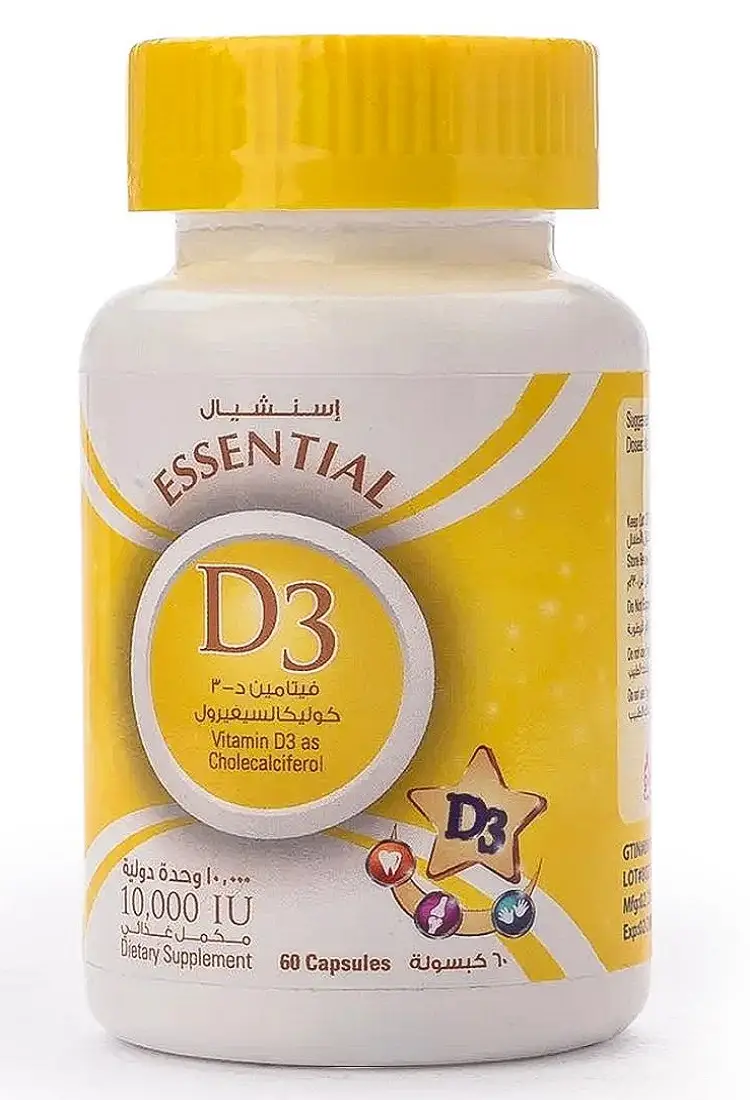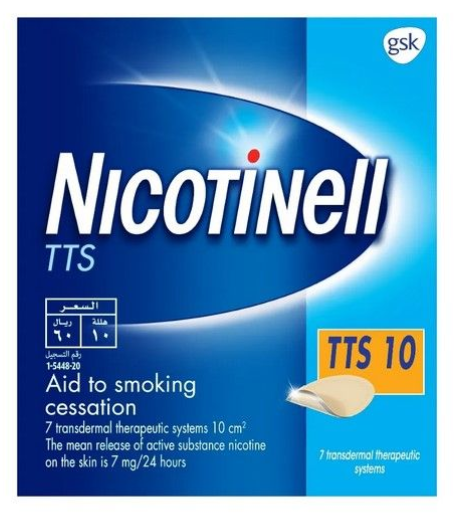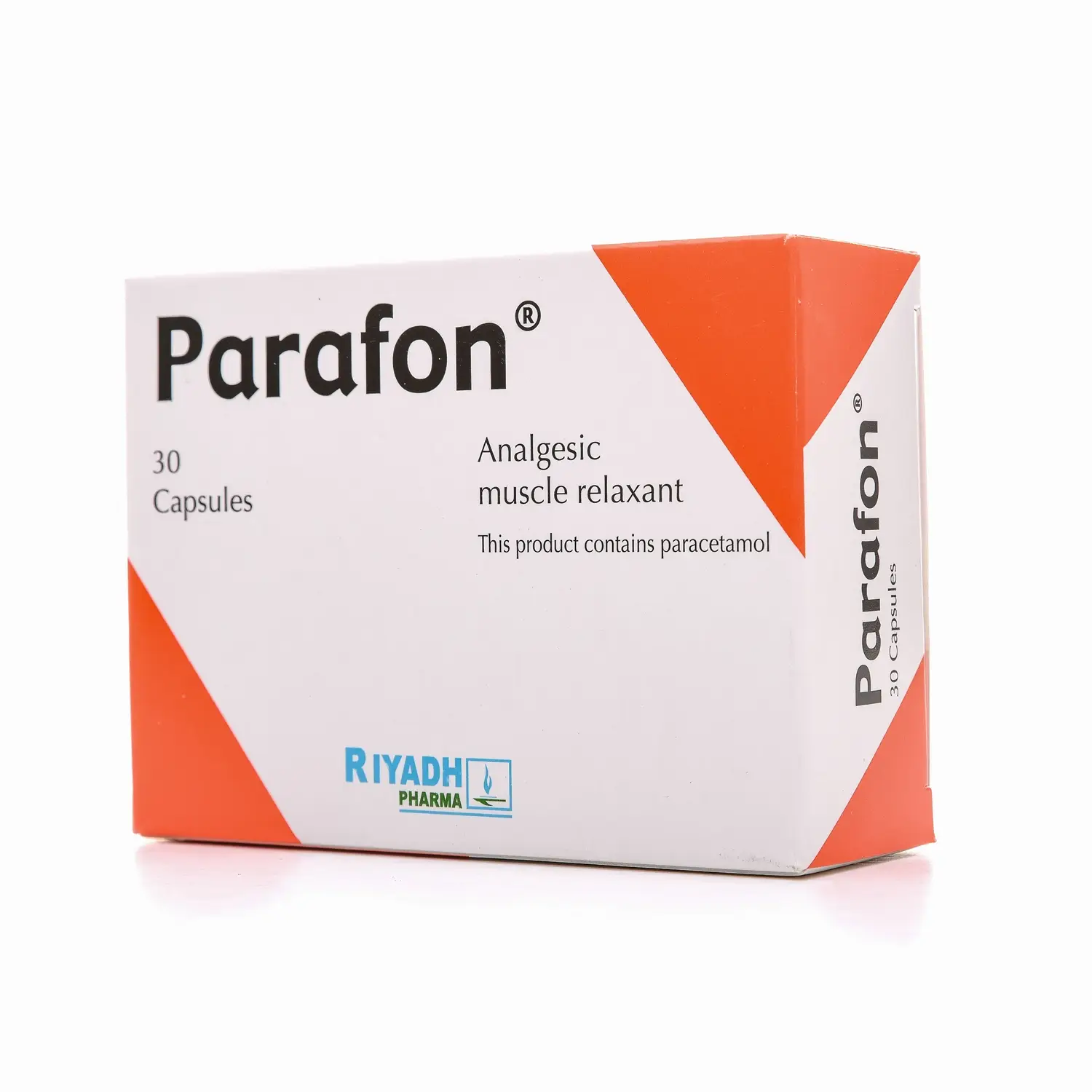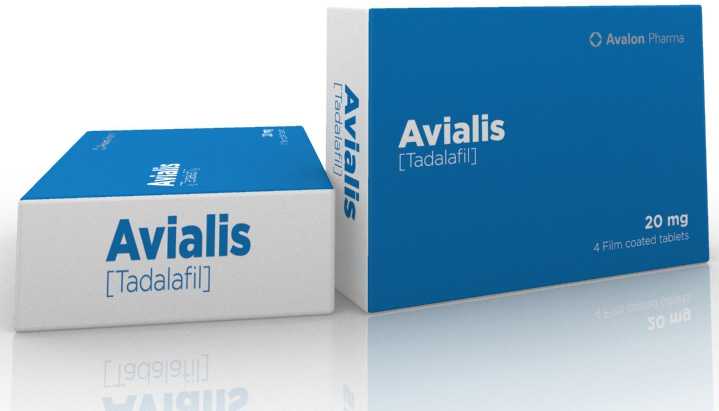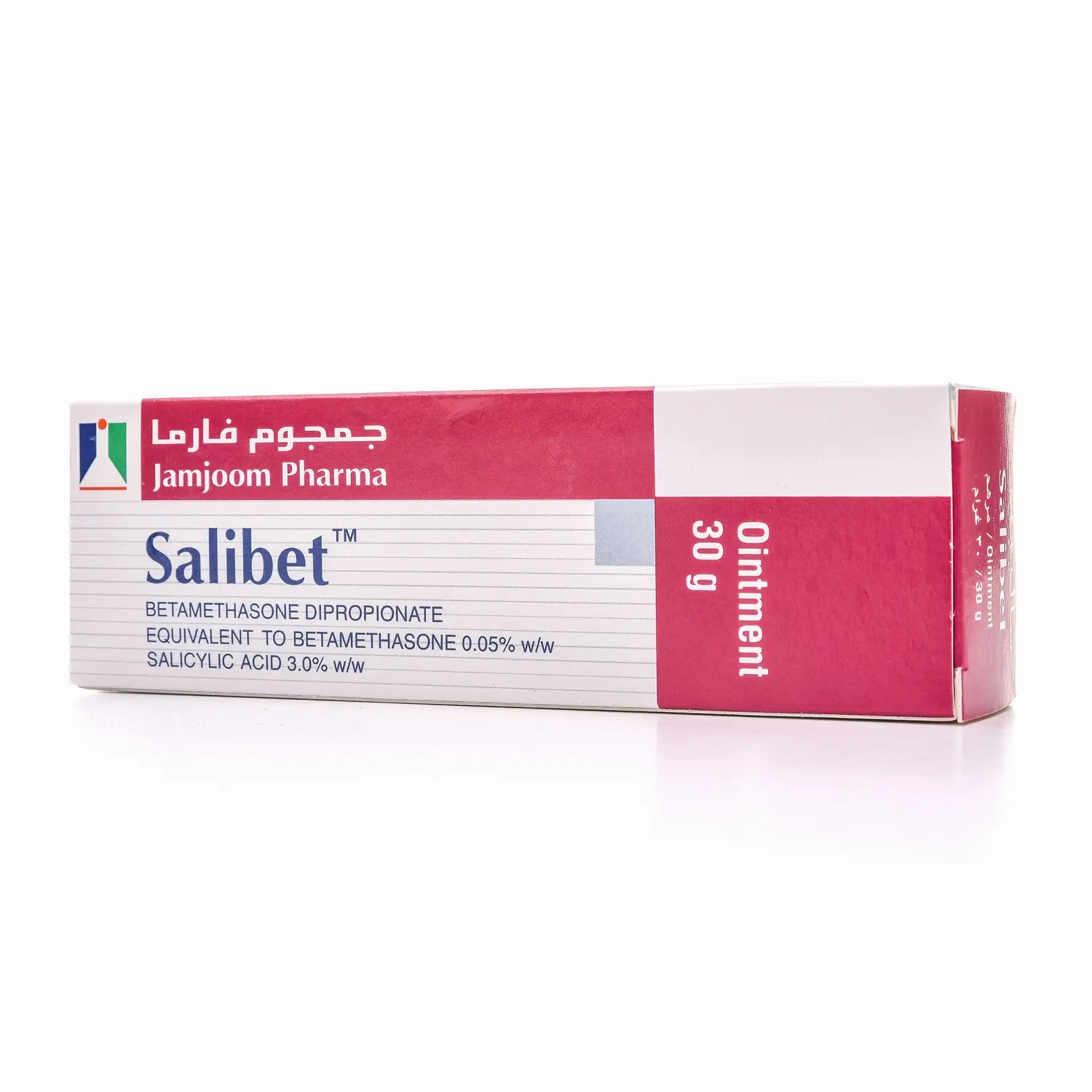| Image | Name | Price |
|---|
Free shipping on orders above 200 SAR
Verify OTP
OTP has been sent to
Verify OTP
OTP has been sent to
Cart Total
Get notified when this product is available
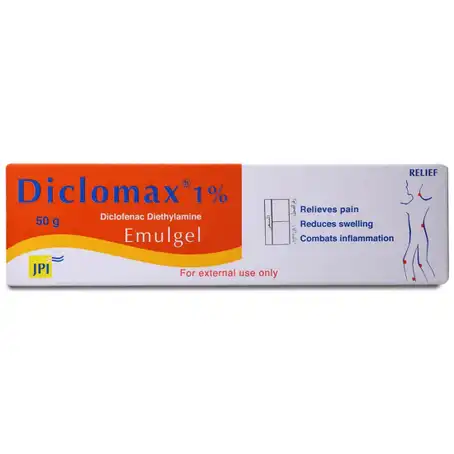
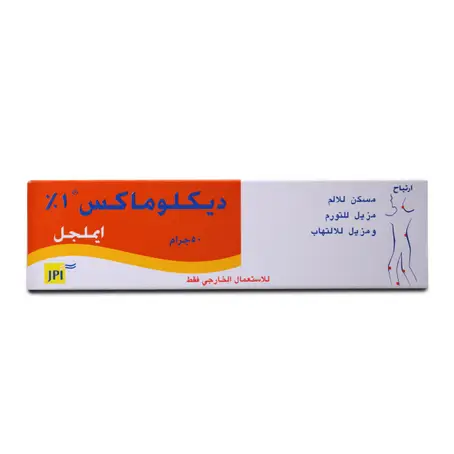



Product Description:
What Diclofenac Sodium is used for:
Diclofenac Sodium is a non-steroidal anti-inflammatory drug (NSAID).
It can be used to treat:
- Inflammation of the bones and joints such as rheumatoid arthritis, osteoarthritis, acute gout and ankylosing spondylitis.
- Back pain.
- Sprains, strains, sport injuries, dislocations and fractures.
- Conditions affecting the tendons such as tendonitis.
- Mild pain.
Do not take Diclofenac Sodium:
- If you’re allergic to the active substance or any other component of this medicine.
- If you’re allergic to other non steroidal anti-inflammatory drugs including acetylsalicylic acid.
- If you have or ever had a stomach or duodenal (peptic) ulcer, or bleeding in the digestive tract.
- If you have had stomach or bowel problems after you have taken other nsaids.
- If you have severe liver or kidney failure.
- If you have severe heart problems.
- If you ever had a stroke, heart attack, or vessels problems.
- In the last 3 months of pregnancy.
Warnings and precautions:
Talk to your doctor about all your medical conditions before taking this medicine including:
- If you suffer from any stomach or bowel disorders including ulcerative colitis or Crohn’s disease.
- If you have kidney or liver problems.
- If you have a condition called porphyria.
- If you suffer from any blood or bleeding disorder.
- If you have a high blood pressure (hypertension).
- If you have angina, blood clots, or high cholesterol levels.
- If you have heart problems.
- If you have diabetes.
- If you smoke.
- If you have Systemic Lupus Erythematosus (SLE).
- This drug may increase the risk of heart and blood vessel problems.
Possible side effects:
- Stop using this product and seek immediate medical help if you develop rash; hives; itching; red, swollen, blistered, or peeling skin; wheezing; tightness in the chest or throat; trouble breathing, swallowing, or talking; unusual hoarseness; or swelling of the mouth, face, lips, tongue, or throat.
Serious side effects:
- Sudden chest pain and shortness of breath
- Sudden weakness and numbness, vision loss, difficulty speaking
- Abdominal pain and very dark stools
- Allergic reactions
- If you experience any of these, call your doctor or hospital immediately.
Other medicines and Diclofenac Sodium:
Tell your doctor about all the medicines you are taking, especially:
- Other nsaids
- Acetylsalicylic acid (aspirin)
- Corticosteroids
- Blood thinners such as Warfarin
- Medicines for diabetes
- Diuretics (water pills)
- Lithium for depression
- Antibiotics
- Heart and blood pressure medicine
- Phenytoin
- Methotrexate
How to take Diclofenac Sodium :
- Take as indicated by your doctor.
- Take with or right after a meal.
- The usual dosing is 25 – 50 mg, 2 or 3 times daily.
- For children older than 1 year of age, the dose is 1-3 mg/kg/day divided in 2 or 3 doses.
How to store Diclofenac Sodium :
- Store at room temperature below 77°F (25°C).
- Keep this medicine out of reach of children.
- Do not use this medicine after the expiry date stated on the package.
- The expiry date refers to the last day of that month.

